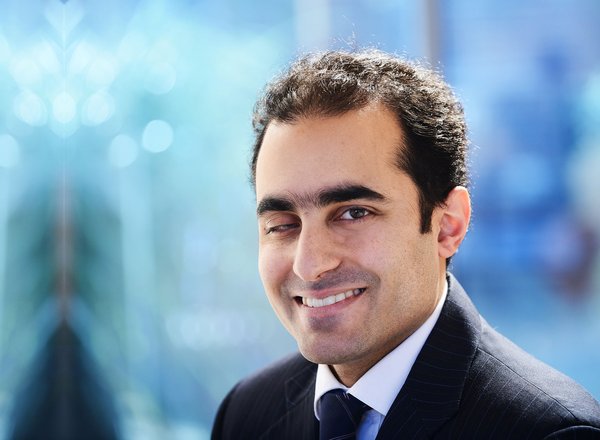A majority of the Supreme Court has concluded that the powers contained in Schedule 7 to the Terrorism Act 2000 are not incompatible with Articles 5, 6 and 8 ECHR.
The case arose from the arrest and charge of Mrs Sylvie Beghal on 4 January 2011, as she passed through East Midlands Airport with her three children on returning from visiting her husband in Paris, a French national in custody on terrorist offences. She was stopped by police and, although not formally detained, arrested or suspected of being a terrorist, was taken aside for questioning. She refused to answer questions under compulsion without the presence of her solicitor and was therefore charged under paragraph 18 of Schedule 7. At trial, Mrs Beghal argued that the Schedule 7 powers breached her Article 5 (right to liberty), Article 6 (privilege against self-incrimination) and Article 8 (right to respect for private and family life) rights under the European Convention on Human Rights (“ECHR”) as well as the common law privilege against self-incrimination. The Divisional Court dismissed her claims.
Lord Hughes (with whom Lord Hodge agreed) emphasised the power’s utility and concluded that the principle of legality was satisfied, rejecting the suggested analogy with the decision of the European Court of Human Rights in Gillan v United Kingdom (2010) 50 EHRR 45 (where a similar stop and search power under s.44 of the Terrorism Act 2000 was held to be a breach of Article 8 ECHR). In their Lordships’ view, “[t]he intrusion into individual liberty is of a significantly lesser order at ports than in the streets generally [and t]here are sufficient safeguards against arbitrary use of this power which either were not present or were not working in Gillan” (at [45]). As to proportionality, Lord Hughes also concluded that “the port questioning and associated search powers represent a fair balance between the rights of the individual and the interests of the community at large” (at [51]). Their Lordships doubted whether Article 5 ECHR was engaged, and concluded that Schedule 7 stops were not sufficiently proximate to criminal prosecutions to engage Article 6 ECHR.
Lords Neuberger and Dyson concurred, making a general observation that “it is not correct to say that in every case where the issue of necessity or proportionality arises the executive must produce positive evidence to show that the means which it has adopted to meet the objective in question is no more than is required” (at [76]). Their Lordships saw “important differences between the statutory provisions and modus operandi of the system in this case and those of the system in Gillan” (at [87]) and therefore rejected the appeal.
Lord Kerr dissented, concluding that there was a breach of Articles 5, 6 and 8 ECHR. In his view, the Schedule 7 powers were in several ways of “greater ambit” than those in Gillan as (i) no authorisation is required for the exercise of the powers - there was therefore no question of it being subject to review by the Secretary of State (ii) there is no geographical or temporal limitation on the exercise other than the limitation of their use at a port of entry into or exit from the United Kingdom and (iii) there is no provision for automatic lapse of the powers nor is there any question of their renewed authorisation being subject to confirmation (at [97]). The absence of a requirement for reasonable suspicion, in Lord Kerr’s view, insulated the power from review (at [100]). His Lordship also doubted the relevance of the utility of the power to legality and proportionality analysis (at [107]-[111]). Finally, he held that Articles 5 and 6 were engaged and that a fair balance had not been struck.
The full judgment is available here: http://www.bailii.org/uk/cases/UKSC/2015/49.html
James Eadie QC acted for the Secretary of State (the 1st intervener).
Iain Steele acted pro bono for Liberty (the 3rd intervener).
Thomas de la Mare QC and Ravi Mehta acted pro bono for the 4th to 6th Interveners (the Islamic Human Rights Commission, the Muslim Council of Britain and Cage Advocacy UK Limited).

















